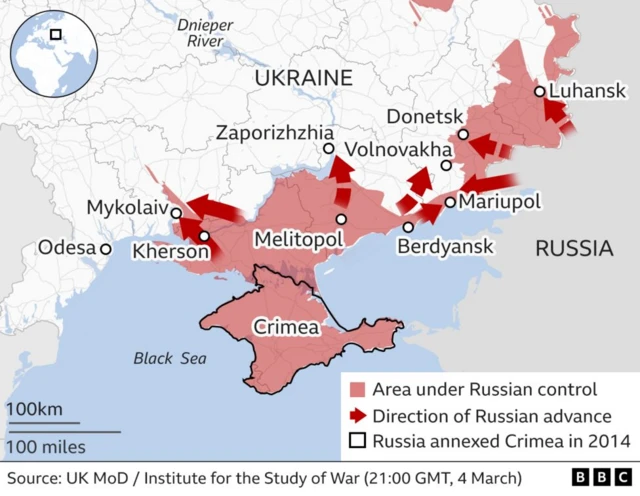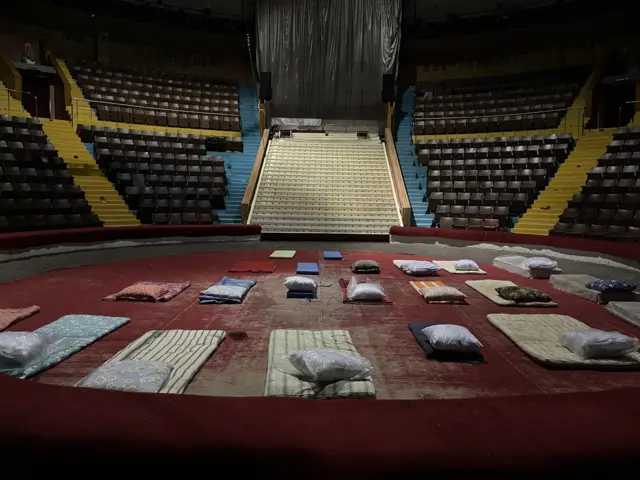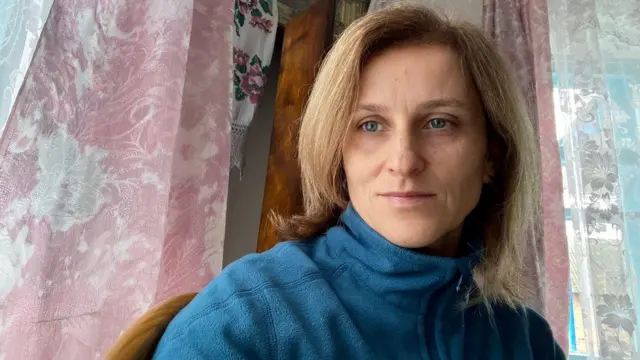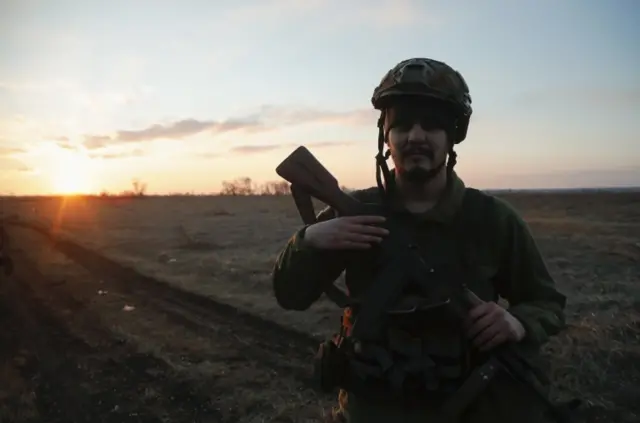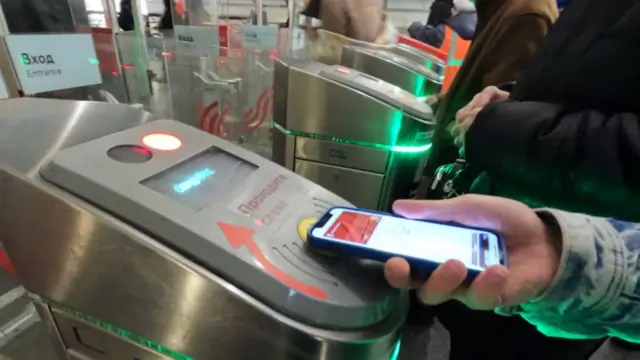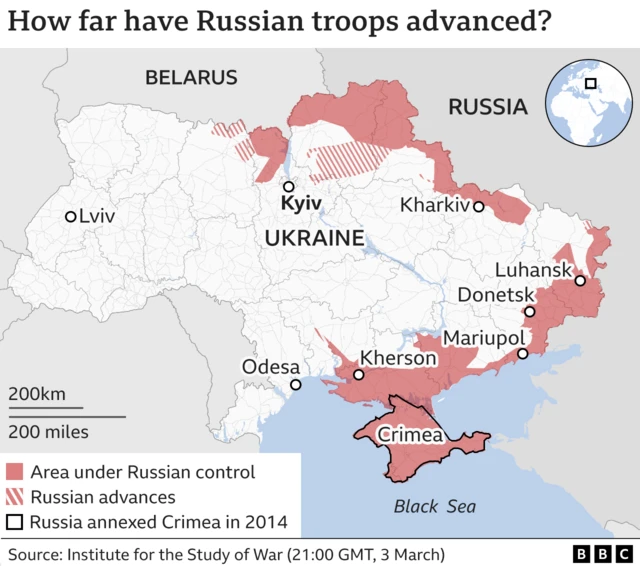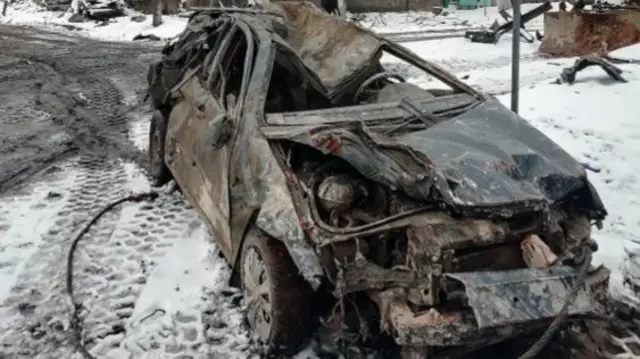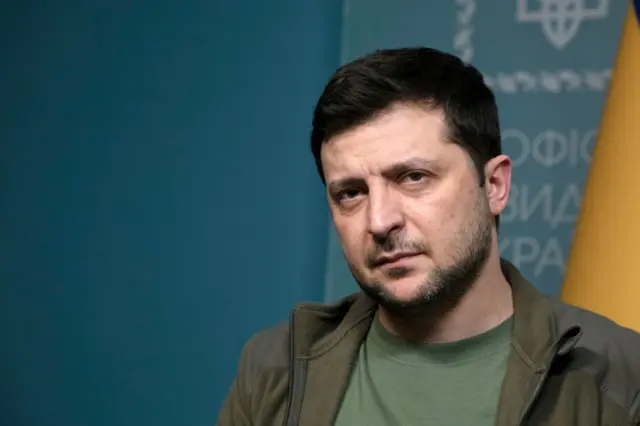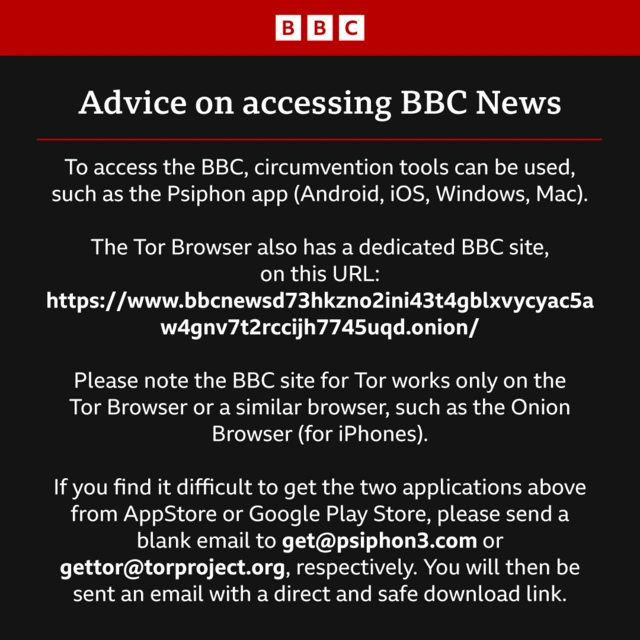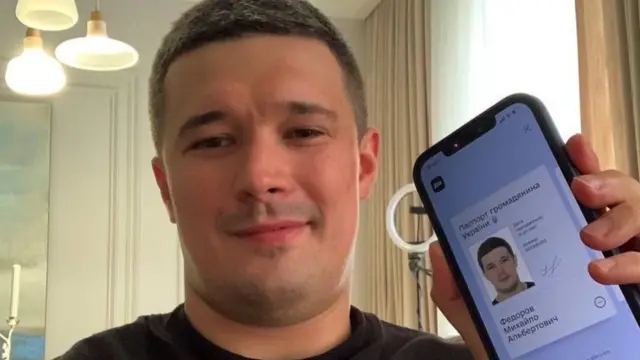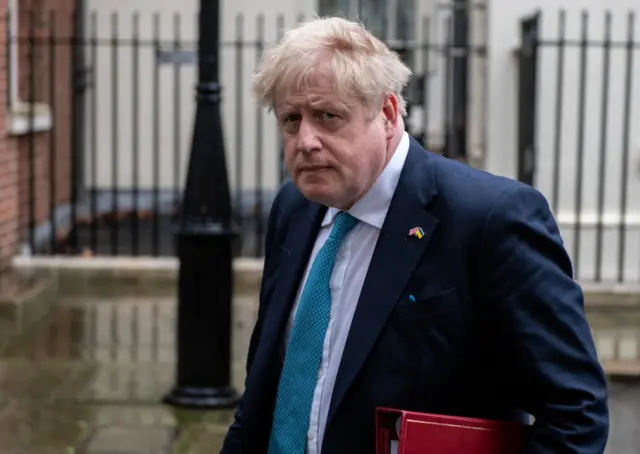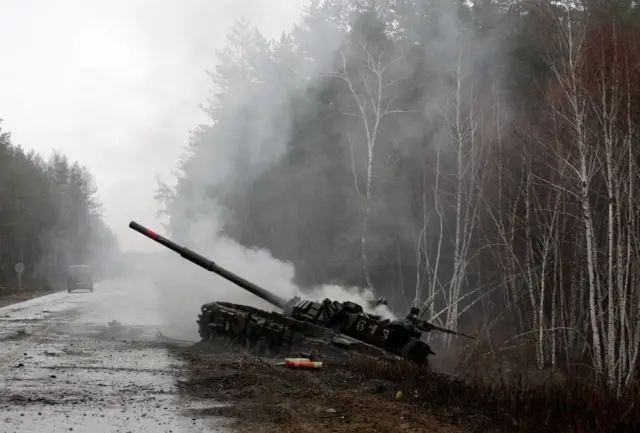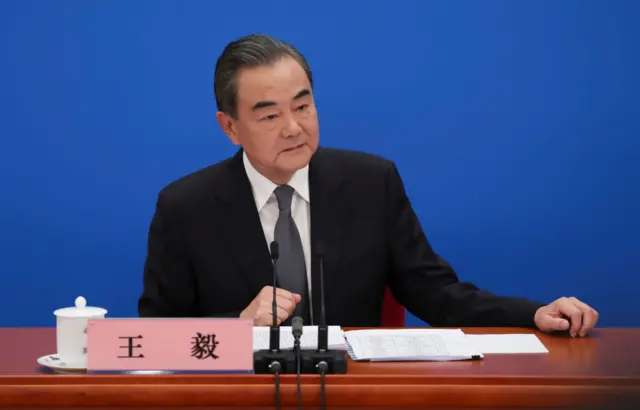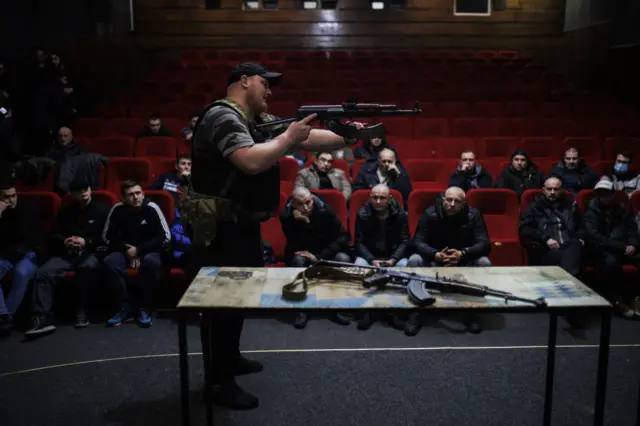Ukraine conflict to last months if not years - UK deputy PMpublished at 08:58 GMT 6 March 2022
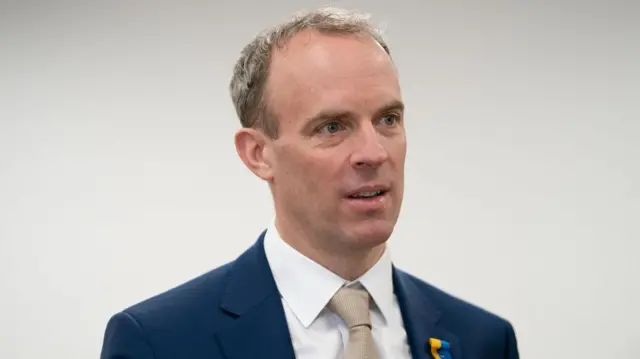 Image source, PA Media
Image source, PA MediaThe conflict in Ukraine is set to last months, if not years, the UK's Deputy Prime Minister Dominic Raab tells Sky News, as he says allies need to show "strategic stamina" to ensure Russia's Vladimir Putin fails.
Raab will be speaking to Sophie Raworth on the BBC's Sunday Morning programme, which starts in a few minutes - watch it live in the UK on BBC One or iPlayer here.

